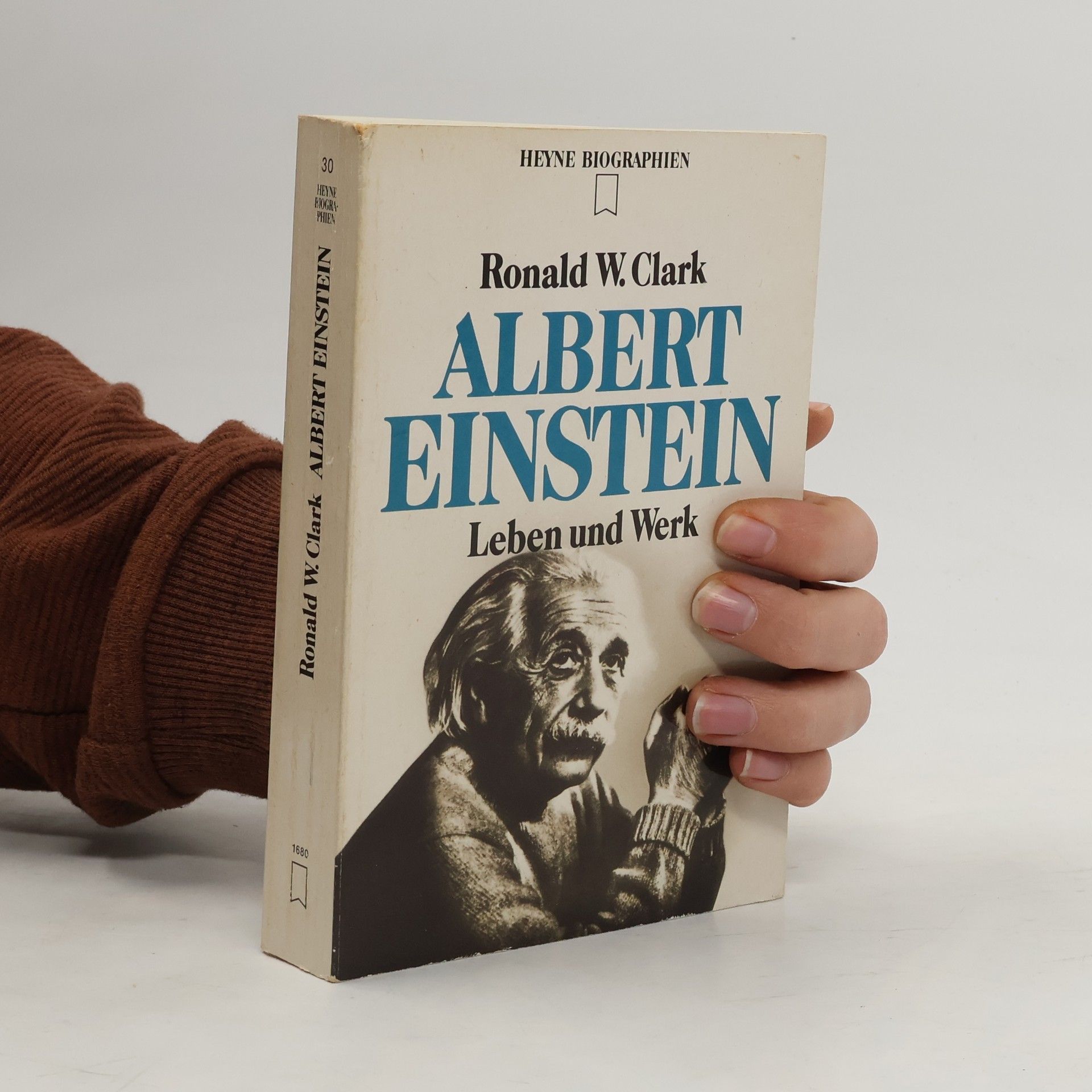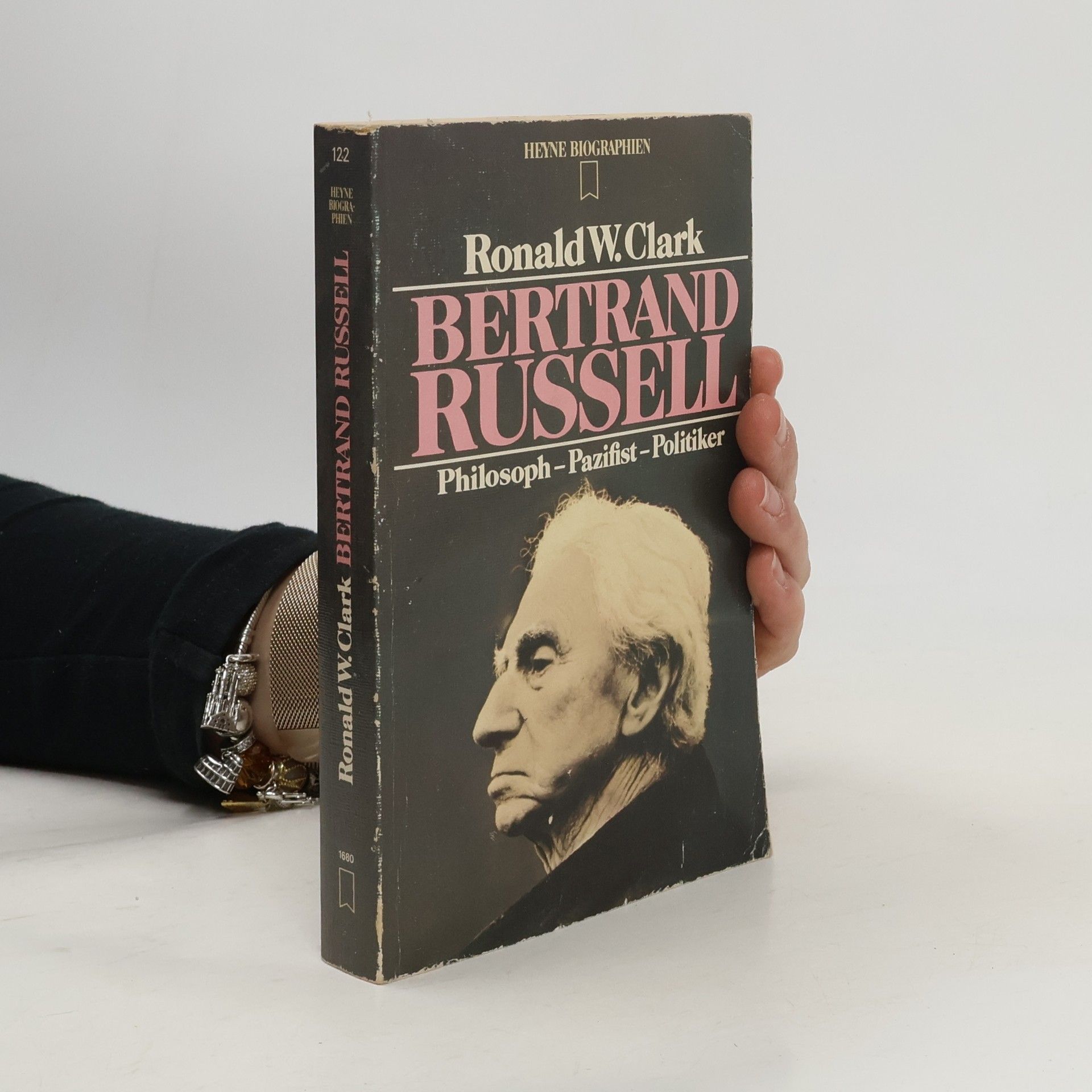Meticulously researched, this book examines US dollar hegemony and the unsustainable macroeconomics of 'petrodollar recycling', pointing out that issues underlying the Iraq war also apply to geostrategic tensions between the US and other countries including the member states of the EU, Iran, Venezuela and Russia. The author warns that without changing course, the American Experiments will end the way all empires end -- with military over-tension and subsequent economic decline. He recommends the multilateral pursuit of both energy and monentary reforms within a United Nations framework to create a more balanced global energy and monetary system -- thereby reducing the possibility of future oil and oil-currency related warfare.
Ronald W. Clark Book order (chronological)
This British author gained recognition for his biographies, fiction, and non-fiction works. His journalism career, which began in 1933, took him to pivotal global events. As a war correspondent, he experienced the D-Day landings in Normandy firsthand and subsequently covered hostilities through to their conclusion. Returning to Britain, he dedicated himself to authorship, with his writings reflecting the depth of his experiences and journalistic acumen.






Sex and the Origins of Death
- 208 pages
- 8 hours of reading
Exploring the concept of death, the book examines how obligatory death due to natural aging is a relatively recent development in the history of life, emerging over a billion years after life first appeared. It posits that this programmed death coincided with the advent of sexual reproduction, suggesting a significant evolutionary shift. Through this lens, the author delves into the relationship between aging, reproduction, and the evolution of life itself, challenging traditional perceptions of mortality.
An accessible but thorough look at the human immune system examines the history of its discovery, the ways in which it can harm as well as help us, the ethics of organ transplantation, and the biology of AIDS. UP.
Edison
The Man Who Invented the Future.
Einstein
The Life and Times
A description of the scientist's personal life and career.
Albert Einstein
- 507 pages
- 18 hours of reading



